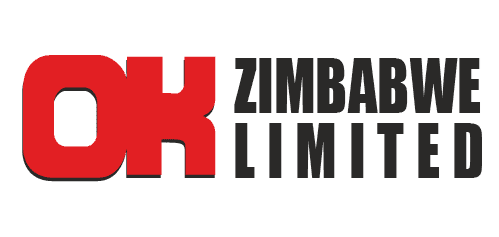Govt punishes SI 127 violators
Government, through various law enforcement authorities, as designated by the Reserve Bank of Zimbabwe (RBZ), has started issuing out tickets to corporates that have been abusing Statutory Instrument 127, it has been learnt.
SI 127 was put in place a fortnight ago as a way to address the gaps identified in the Bank Use Promotion Act (Chapter 24:24) and the Exchange Control Act (Chapter 22:05).
It was also meant to stabilise the exchange rate as well as safeguard the banking system from being abused for illicit activities, by introducing administrative or civil penalties on delinquent individuals and corporate entities. Other areas touched by SI 127, which came into effect under the Presidential Powers (Temporary Measures) Act (Chapter 10:20), include but are not limited to try and minimise arbitrage opportunities in the market; minimise abuse of the auction system; to provide a level playing field for business; to protect consumers; and to enforce compliance.
Over the years, similar offenders and violators of the country’s banking laws such as Bank Use Promotion Act (Chapter 24:24) and the Exchange Control Act (Chapter 22:05) have gone unpunished.
Enforcement has been the achilles heel for most banking laws and last week, parliamentarians sort to hear from Treasury what measures had been put in place to enforce SI 127. Street foreign currency dealers at every corner of the country’s cities and businesses that are unbanked are clear violators of the banking laws, yet they have gone unpunished over the years.
SI 127 is, however, meant to empower the RBZ and the Financial Intelligence Unit to impose appropriate penalties on individuals or corporates where there is evidence of infringement of banking laws.
In response Deputy Finance and Economic Development Minister Clemence Chiduwa, but without disclosing figures, said on Wednesday last week, officers were sent out into the market and came back “with a long list of corporates that have abused SI 127.”
“As of yesterday (2 June), we had started issuing tickets”, Chiduwa said.
He added that as “Government we should make sure that we are on the ground and enforce S.I. 127.”
Chiduwa is of the opinion that the wave of price increases experienced post the announcement of SI 127 are temporary as consumer disposable incomes cannot sustain high prices.
“The other issue which is being raised to say the S.I. 127 is going to result in rampant increases in prices both in Zimdollar and foreign currency, I think this is just a transitory issue.
“I know this is going to give a strain again on the demand for forex but what I can assure you is that in the medium term, there is going to be sanity because of lack of effective demand,” he said.
Chiduwa said while government will allow businesses to come up with their own pricing models what is very critical in economics is effective demand.
“You can increase prices the way you want but what is critical is effective demand. When you have increased your prices, are people going to buy?
“You can only buy where there is no choice but look at how the Zimbabwe economy is dichotomised between the informal and formal sector.”
He also ruled out price controls or subsidies and insisted that consumer disposable incomes will determine the level of prices in the market.
“Price controls are not going to assist us as a country, they will take us back but as I have mentioned, there is the issue of effective demand and then the issue of import parity,” Chiduwa explained.
On subsidies, he said government is to move away from blanket subsidies unless it involves “cases where there is need for social protection”.
“But to have blanket subsidies as a result of the short-term impact of SI 127, this is out. What we will do as Government is to ensure that we are going to enforce SI 127 in terms of compliance,” Chiduwa said.
In terms of extermination of the premium between the black market and the official, he said what can only be done at the moment is to reduce the premium between the black market and the official.
“Obviously, in terms of policy for us, what we would want is a situation where there is total convergence between the black market rate and the auction rate.
“However, in terms of the reality that is on the ground at the moment, what we can only do is to come up with policies that are going to narrow the gap between the black market and the official market.”-ebusinessweekly.co.zw










